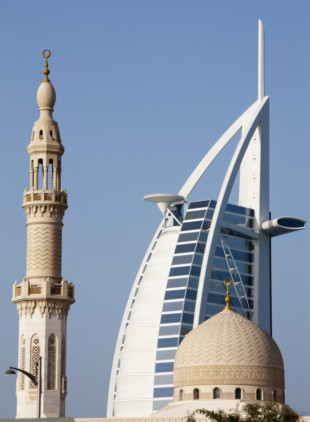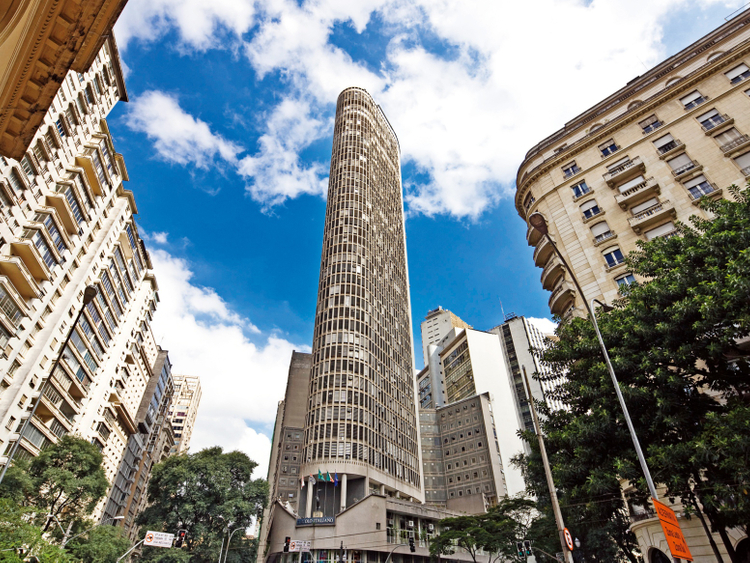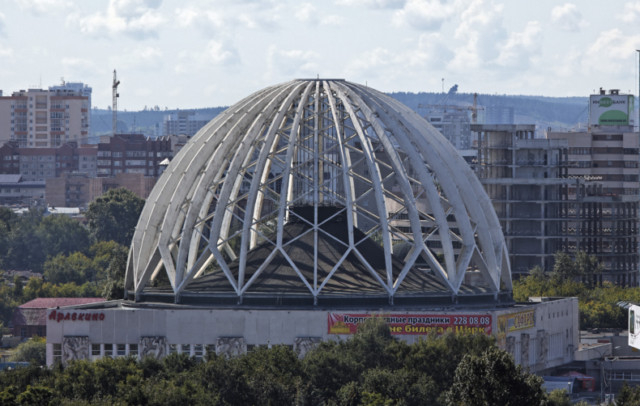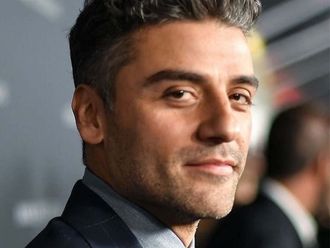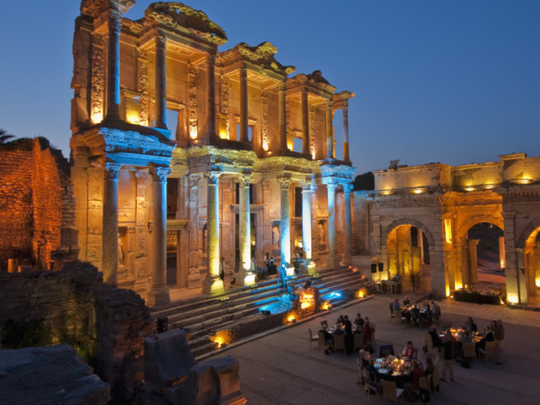
World Expos have been known to introduce consumers to some of the most path-breaking and exciting innovations. Where they are held affects the legacy of an Expo, the location reflecting the event in its image by mirroring concerns, preoccupations and strengths. The first World Expo in London in 1851 funded construction of the Victoria and Albert Museum, which is the world’s largest museum of decorative arts and design today, housing a permanent collection of more than 4.5 million objects. When the Expo was held in Paris in 1889, the Eiffel Tower was commissioned as the entrance archway to the Paris Exposition Universelle.
In the consumerist, pop culture and fast-food driven US, in 1876, the world got its first taste of Heinz Tomato Ketchup. In Paris again in 1900, escalators, diesel engines, Ferris wheels and talking films became the focus. In Belgium in 1958 there came a giant model of a unit cell of an iron crystal, called the Atomium, which remains a landmark in Brussels today. Technology-centric Japan introduced the world to the first mobile phones at the 1970 World Expo.
This time too the four contenders, Dubai in the UAE, Ekaterinburg in Russia, Izmir in Turkey and São Paulo in Brazil are set to reflect their own ethos via the Expo.
Izmir
The Turkish city has chosen to focus on Health For All as its theme. According to a report by the London-based International Centre for Development Studies (ICDS), Izmir, which is the largest city in Turkey and home to nearly four million people, needs about $50 billion (about Dh183 billion) to support infrastructure and suffers from high unemployment levels, which hit 16.5 per cent, with no jobs to absorb the migrant workers.
Izmir aims to be “a forum where international agencies, NGOs, governments, pharmaceutical companies, medical device companies, insurance companies, providers and others can come together to exchange ideas and collaborate to develop plans of action.”
Going by Izmir’s Expo mission statement, fostering innovation in health care is already on the cards. “Unlike many health conferences, Expo 2020 aims to not only further the discourse on health, but more importantly provide the opportunity for innovators to test their novel solutions and find partners to help implement and scale their ideas,” it says.
Dubai
With its theme of Connecting Minds, Creating The Future, Dubai’s bid has been adjudged one of the strongest. According to its report, the ICDS stated that the city of Dubai has more competitive advantages than other cities competing for hosting Expo 2020. The report indicates that Dubai’s strategic geographical location and its stable social environment in addition to the promising economic climate and diverse population are all factors that work in its favour.
According to the report Dubai has earmarked nearly $5 billion to support its infrastructure and is working constantly to increase the capacity of its airports. Dubai’s Expo 2020 is expecting more than 30 million visitors and it is expected to enhance the economy by a whopping $28 billion. Technology and connectivity will be at the forefront if Dubai hosts the Expo, whether it is to do with mobile phones, the internet or a new airport.
São Paulo
According to the ICDS report, the city of São Paulo in Brazil is Dubai’s biggest rival to host Expo 2020. São Paulo, which has 20 million people, constitutes 12 per cent of Brazil’s total GDP. The proposed theme is — The Power of Diversity, Harmony for Growth.
The theme of São Paulo Expo 2020 will allow participating countries, public institutions and private enterprises to showcase their best practices and projects. They will present innovative social and economic policies, environmental programmes and forthcoming technologies in areas such as transportation, energy use, ICT and urban thinking.
The future lifestyles of new generations and the future of a world without borders will frame the debates and events at São Paulo Expo 2020, laying the basis for a historic educational, cultural and political legacy to benefit the international community.
Ekaterinburg
Global Minds is the theme proposed by Russia for the Expo. It has allocated about 587 hectares to host the exhibition and is expected to attract nearly 45 million visitors in the period between April and October 2020.
While its infrastructure is not as well developed as the other bidding cities, the bid is part of Russia’s economic development plan leading up to 2020 because it opens up additional investment and innovation opportunities.
Ekaterinburg has been a major transportation hub between Europe and Asia with the principal federal highways and railroad mainlines passing through it. The city is also served by the Koltsovo International Airport, which is third largest in the country after the ones located in the two capitals.
Among Russian cities, Ekaterinburg ranks third by the number of diplomatic missions, after Moscow and St Petersburg. During the symposium on Global Minds held in July in Paris, Arkady Dvorkovich, Deputy Prime Minister of the Russian Federation, said, “There are three major projects we would like to share. The first one is to increase connectivity. Using IT and modern communication technologies, we aim at connecting the most distant areas of the world with educational technological centres in order to share knowledge, skills and information.
“The second project is linked to education and primary education in particular. We aim at sharing our best practices and providing teaching skills for teachers around the world.
“The third one is about health. We want to share new medical technologies, equipment and innovative drugs.”


